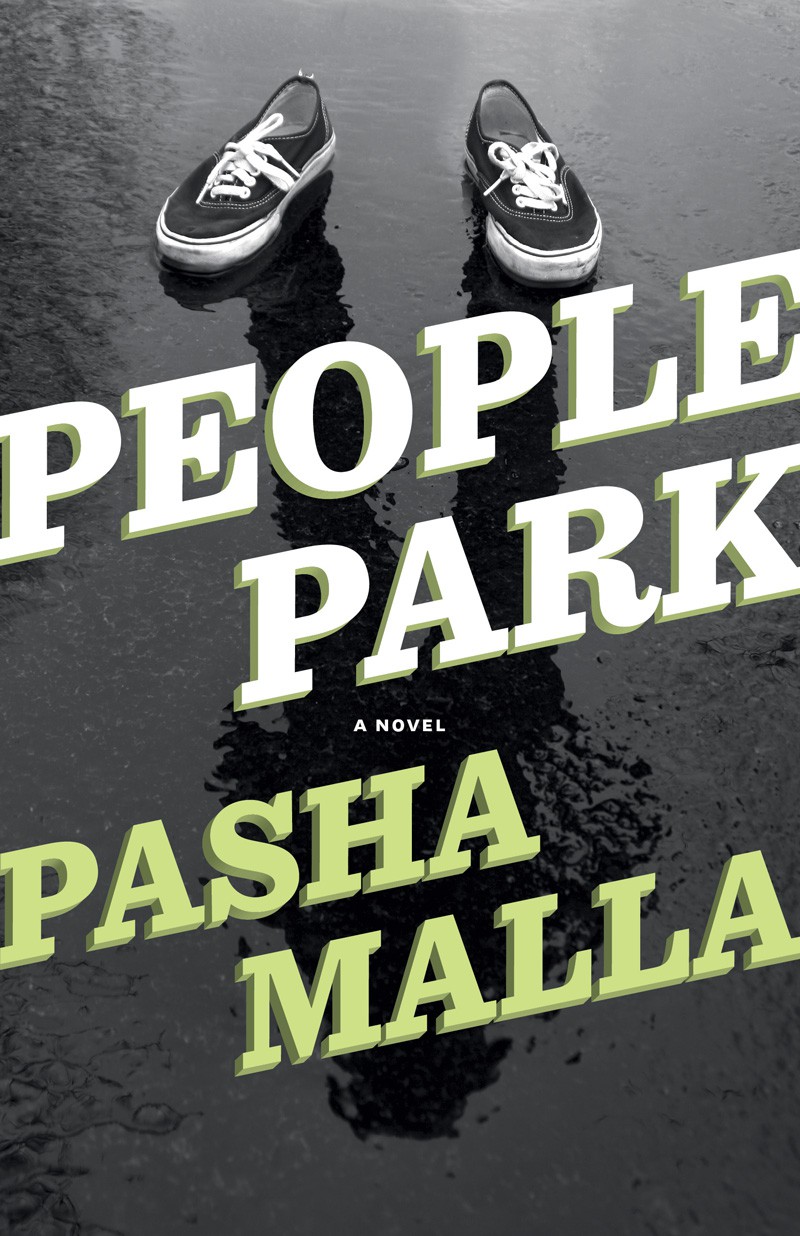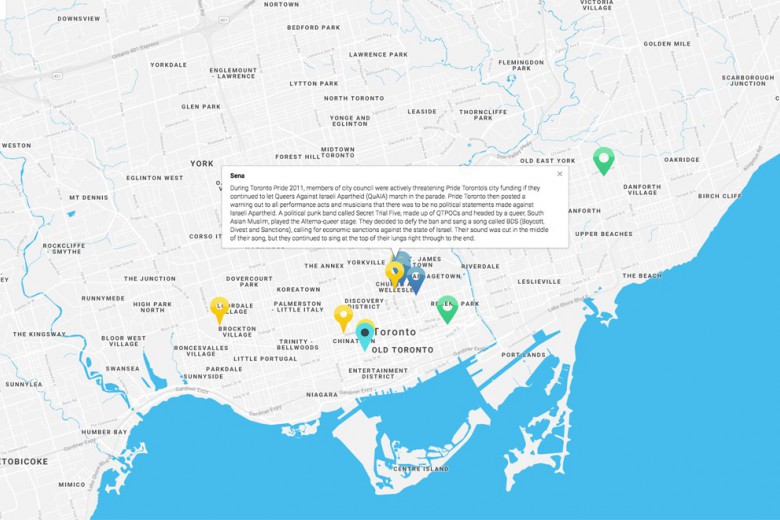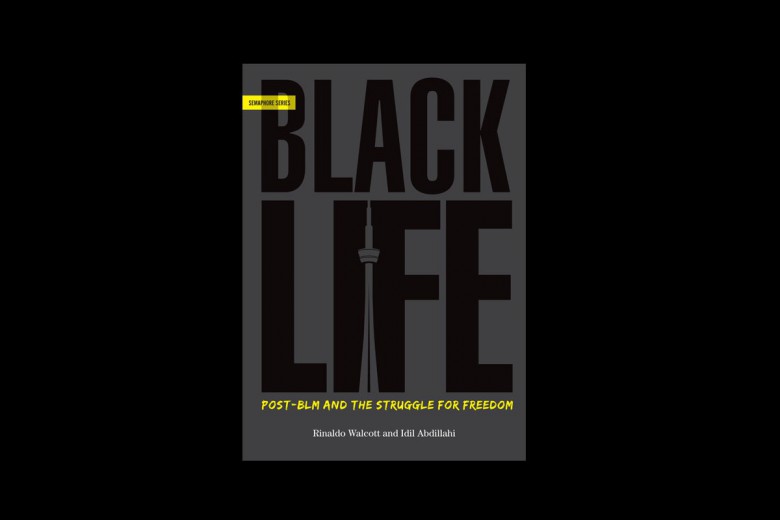
People Park
By Pasha Malla
House of Anansi, 2012
Sitting on my desk, beside my computer, is a copy of People Park, bulging with scraps of paper, scrawled notes and opening paragraphs that get abandoned mid-sentence. This was a difficult review to compose. How to adequately capture the sprawl of madness and magic that is Pasha Malla’s nearly 500-page-long comedic debut novel, while also adequately explaining what the book is about?
In the simplest terms, the book is about the Silver Jubilee of People Park, the Central Park stand-in of Malla’s unnamed island city-state, a city that feels as if it might have been stitched together by hallucinatory cartographers from dream maps of Toronto, Montreal and Manhattan. The star of the weekend, who precipitates a delightfully absurd apocalypse, is celebrity magician Raven (the self-centred performer prefers the term “illustrationist”: he does not create illusions, but rather “revelations that illustrate what already exist”). The novel chronicles what happens to the city’s people as the drama unfolds.
And herein lies some of the difficulty of describing the novel: it follows so many of the denizens of Malla’s metropolis. The author has created no fewer than a half dozen fully-realized protagonists with their own narratives and thematic arcs and over 20 other characters playing supporting roles.
Debbie is a writer for the smash We-TV celebrity news program In the Know who muddles through life with a naïve optimism. Her caustic girlfriend Adine, an artist, spends half the novel listening to reality television, wearing goggles with blacked-out lenses while her brother Sam watches along and describes the images to her over the phone.
There is the socially inept and emotionally inert Olpert Bailie, grandson of one of the Original Gregories, the founders of the New Fraternal League of Men (NFLM). Reluctantly following in his grandfather’s footsteps, Olpert is conscripted to the NFLM, a Mason-like municipal shadow cabinet and police force. Along with the gregarious and casually violent Starx, he is assigned to act as an escort to Raven as the magician prepares his illustration to commemorate the Jubilee.
Calum, a lost teenager searching for meaning and purpose drifts into the orbit of The Hand, leader of an underground youth movement. With her distinctive hairstyle and encyclopedic knowledge of the tunnels underneath the city, The Hand gathers the group in a disorienting tunnel of sound and sensory stimulus. At night they move through the streets, blacking out the windows of shops and homes. The movement’s actions are reminiscent of the Situationist International (SI), a movement of Marxist revolutionaries and artists active in Europe in the 1960s. Whereas the SI sought to alter the perception of the urban landscape through unplanned exploration in order to direct people to an authentic and liberatory experience, The Hand physically alters the city and seems to point only to oblivion.
And there is the Poole family, visiting the city for the celebration. Pearl, a citizen of the city by birth and a former star athlete; her husband Kellogg, a credible counterpoint to the patriarchs of the NFLM, trying vainly to keep the family together and happy; her hyperactive son Gip – Raven’s biggest fan – who believes he has been chosen by the illustrationist for a Herculean task; and daughter Elsie-Anne, who becomes increasingly close with Familiar, a tunnel-dwelling eel who has taken up residence in her purse. The reader is never quite sure if Elsie-Anne’s new friend is imagined or not.
A playful sense of mystery and wonder weaves through the story: Pearl floats over the city when her knee swells up like a balloon, the Mayor spends two-thirds of the novel propped up uneasily on a caterer’s dessert cart, her body from the waist down piled in a heap on the bottom shelf.
People Park takes frequent, if light, jabs at patriarchy, bureaucracy and celebrity culture; the National Fraternal League of Men and the We-TV network are obvious targets for satire. However, the novel is more than straight forward allegory or political satire. It is a tricky and challenging narrative, a tangle of many threads (some of which are unceremoniously dropped) and styles.
With so many characters to follow and an entire city teetering on the brink of disaster to explore, People Park is a dizzying and sometimes frustrating read. But the experience is worth the challenge. The novel is a cacophony of comedy and heartbreak, magical realism and satiric wit, made melodically whole through Malla’s deft prose.
As far as what it’s really about, you’ll have to read it and find that out for yourself.




